
|
NCCS Newsletter August 2023
|
|
NCCS at Arendalsuka 2023
|
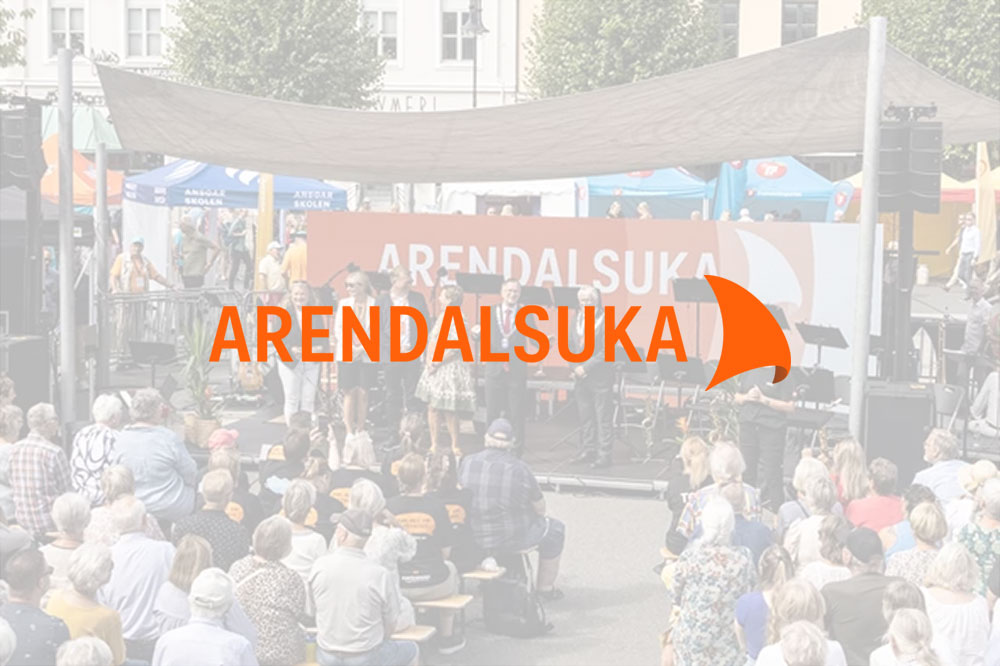
|
NCCS will participate in several panel debates and discussions centred around carbon capture and storage (CCS), as well as related technologies, at Arendalsuka 2023.
|
Arendalsuka (lit. “Arendal’s week”) is a Norwegian political festival that takes place in August every year, in Arendal.
|
|
|
NCCS Lunch Webinars 2023
|
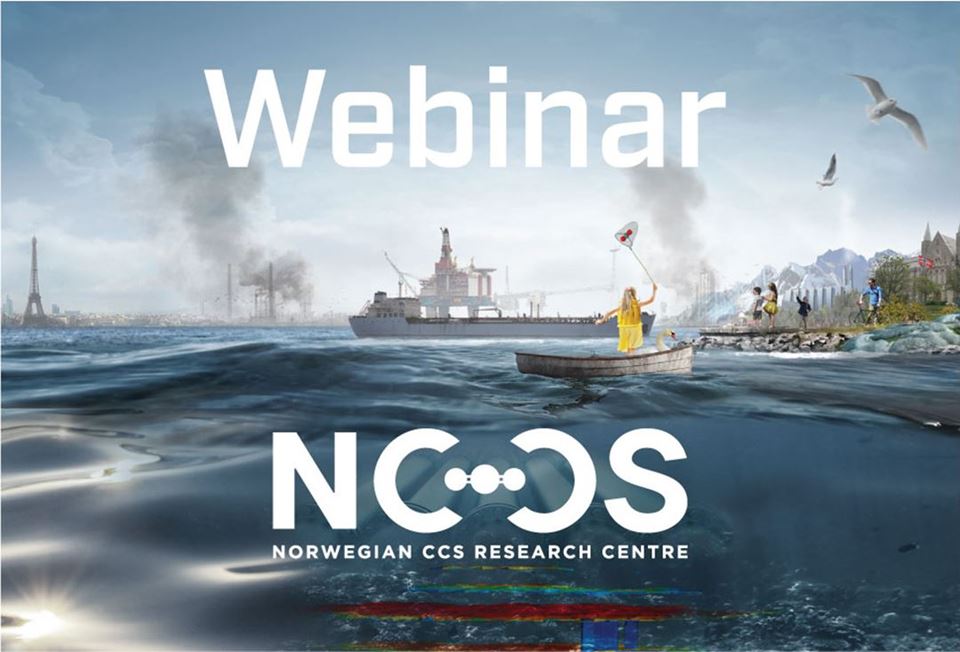
|
In the past, NCCS webinars have been run throughout Autumn. However, from August 2023, webinars will be held at regular intervals throughout the year as NCCS Lunch Webinars.
|
Webinars will be held on the second and fourth Thursday of every month, from 12:00 to 12:40. They will consist of a 20-minute presentation, followed by a 20-minute Q&A session.
|
Our first webinars for 2023 will take place on 10 August and 24 August.
|
|
|
TCCS-12: A Record-Breaking Conference
|
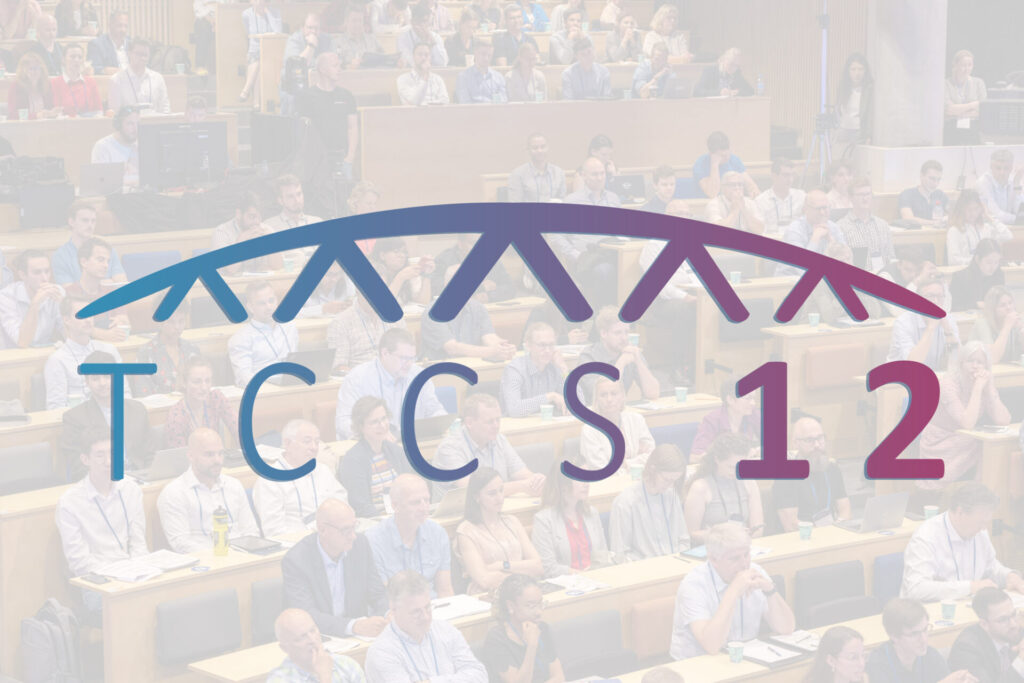
|
This was a record-breaking conference for TCCS in many ways, with the largest number of participants attended, nationalities represented, and abstracts submitted.
|
While the conference included topics from the entire CCS value chain, the main messages conveyed were the necessity of international collaboration, increased R&D activity, and strong government policies.
|
|
|
TCCS-12: Awarding Outstanding Achievements within CCS
|
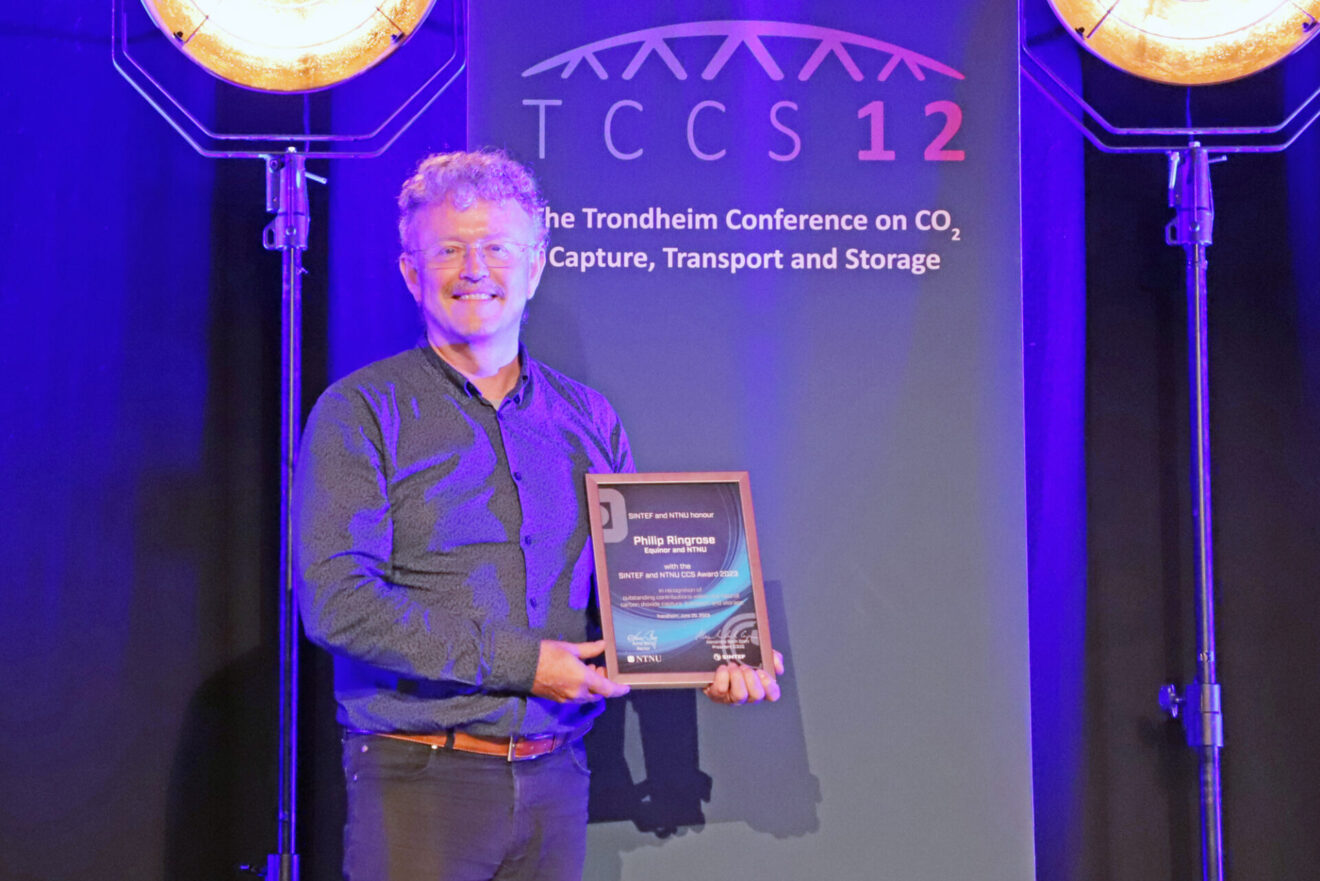
|
Professor Philip Ringrose has won the SINTEF and NTNU CCS Award 2023. He received the award during the TCCS conference dinner. An award for best conference poster was also presented to Fabian Mayer from ETH Zürich.
|
|
|
Why experiments and modelling are necessary for the safe design and operation of CO₂ transport systems
|
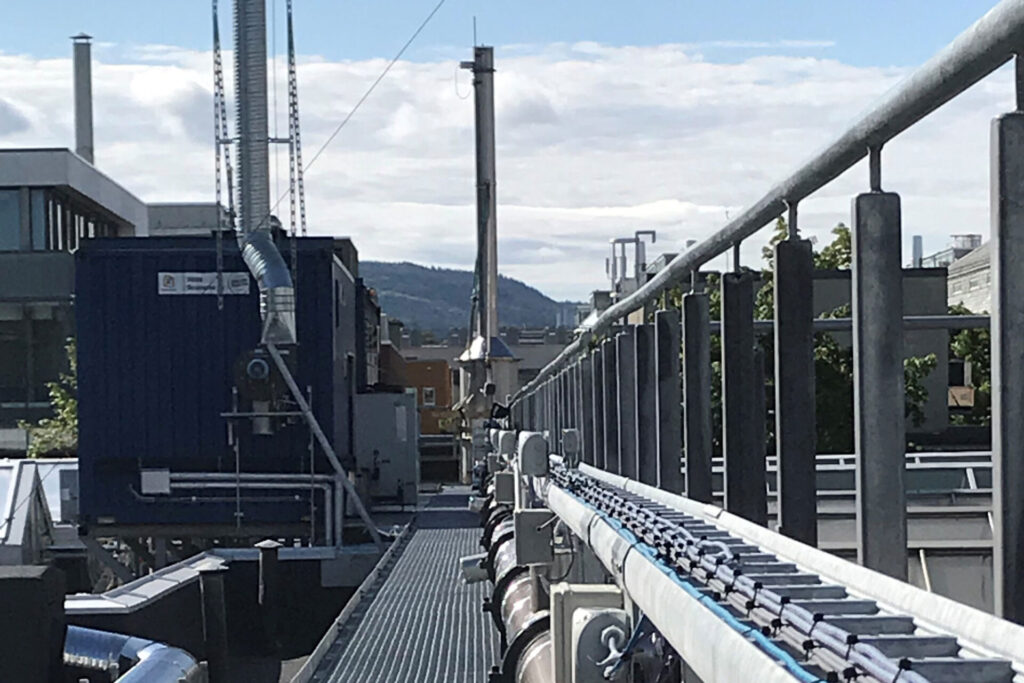
|
CO₂ capture, transport and storage (CCS) systems are an important part of our toolbox for mitigating climate change. However, increased R&D efforts are needed to facilitate an efficient and safe scaling up of CCS to the level needed to mitigate climate change. In his keynote speech at TCCS-12, SINTEF Chief Scientist Svend Tollak Munkejord discussed why both experiments and models are a necessary part of this effort.
|
|
|
NCCS members co-sign open letter on CCS to international government leaders
|
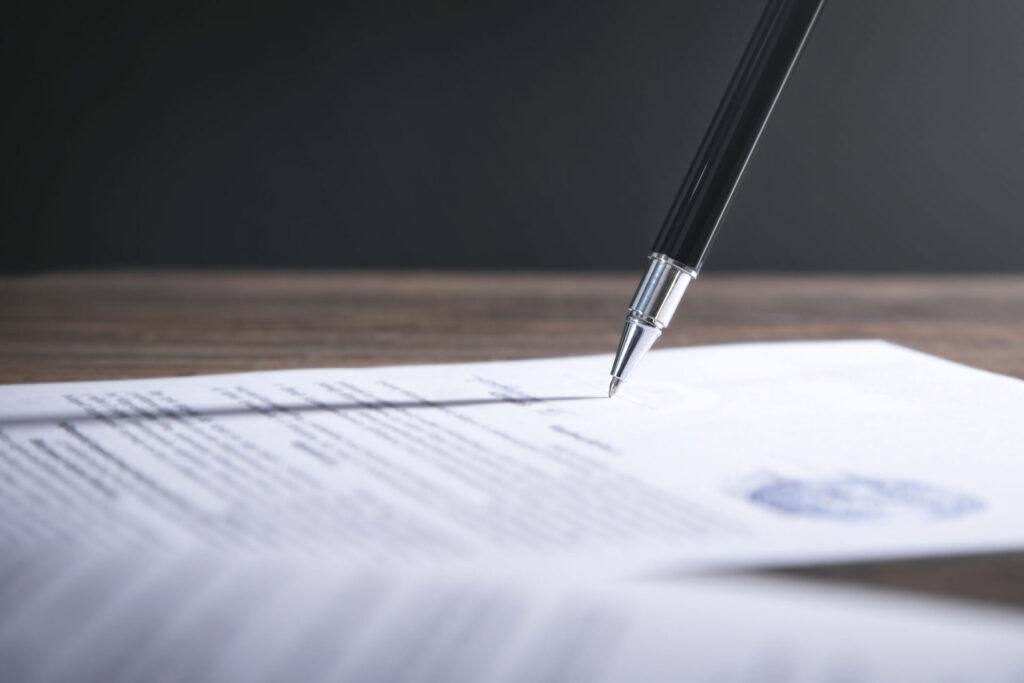
|
On 10 July 2023, the International CCS Knowledge Centre sent an open letter to government leaders in the UK, US and Canada on the necessity of large-scale carbon capture and storage (CCS) deployment for achieving our climate goals.
|
Among the signatories were NCCS members Simon Roussanaly and Rahul Anantharaman.
|
|
|
NCCS awarded two new collaborative and knowledge-building projects
|
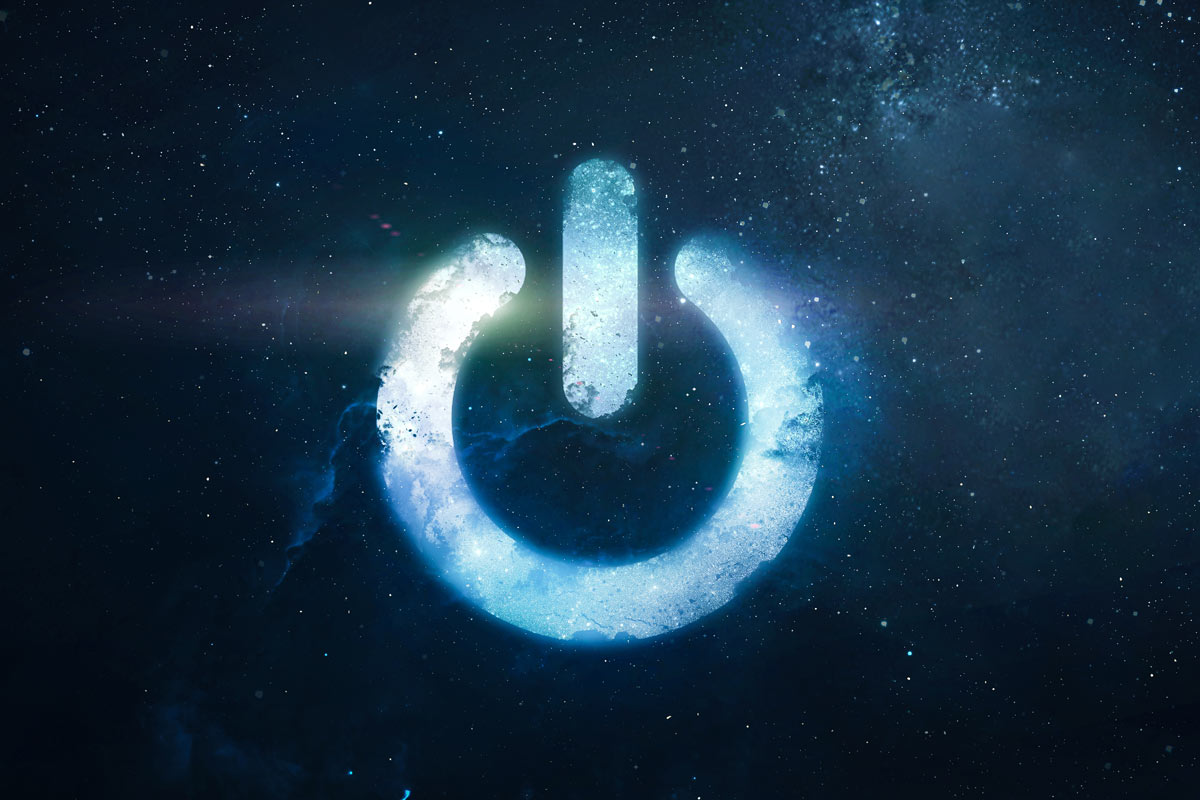
|
We are proud to announce that NCCS has been awarded two new Collaborative and Knowledge-building Projects (KSPs) by the Research Council of Norway (NFR): CHARISMA and RecyclShale.
|
|
|
The journey from NCCS PhD student to task leader
|

|
Vanja Buvik initially joined NCCS in 2017 as one of the Centre’s first PhD students. Two years after she completed her PhD, and now working for SINTEF Industry, Vanja has returned to Task 2 – this time as its lead.
|
We got the chance to speak to Vanja about her work with CO₂ capture, her love of chemistry, and her journey from PhD student to task leader.
|
|
|
Belgium and the Netherlands sign bilateral agreement on CO₂ transport and storage
|
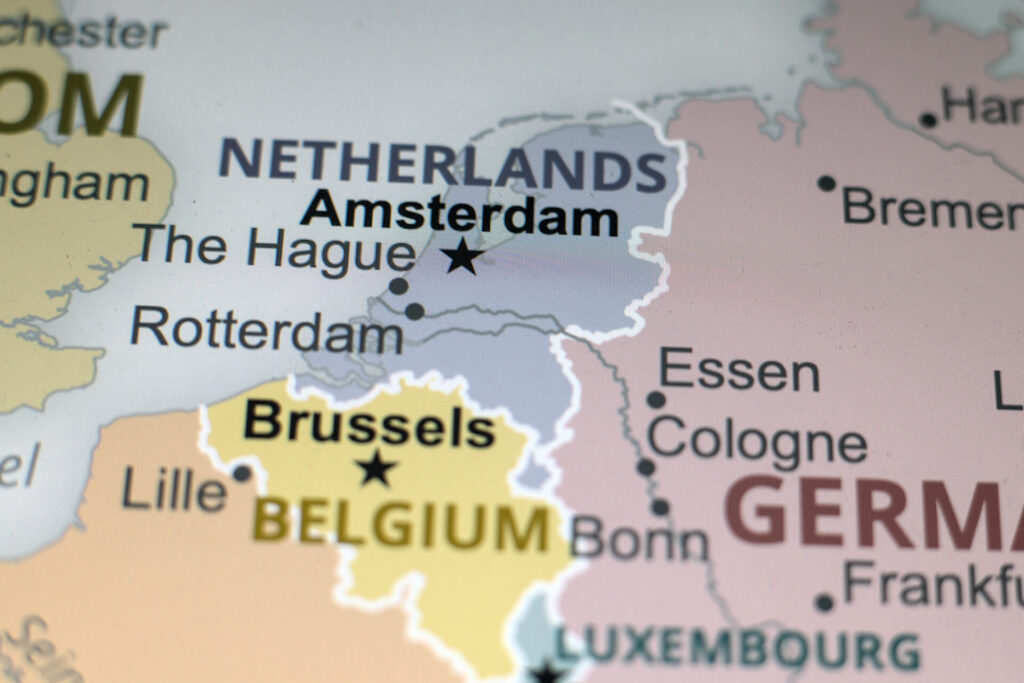
|
On 22 June, a memorandum of understanding (MoU) was signed by Belgian and Dutch government ministers on the cross-border transport of captured CO₂ emissions between the two countries for permanent storage under the North Sea.
|
|
|
Norway and Denmark sign agreement to strengthen energy cooperation
|
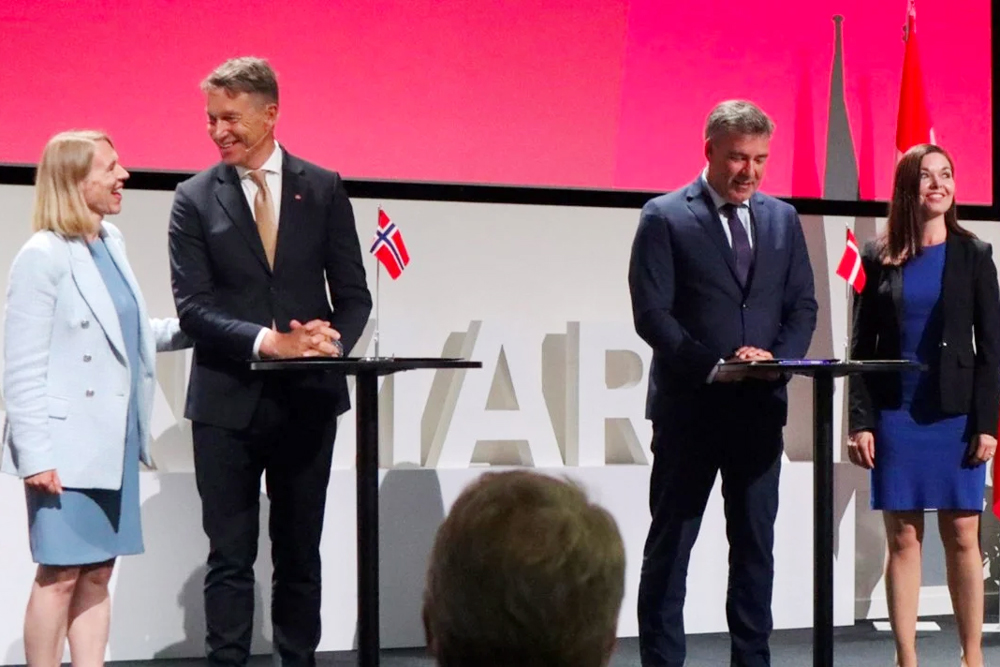
|
On 15 June, Norwegian Minister of Petroleum and Energy, Terje Aasland, and Denmark’s Minister for Climate, Energy, and Utilities, Lars Aagaard, signed a MoU (Memorandum of Understanding) to strengthen Danish-Norwegian energy cooperation on carbon capture, utilisation and storage (CCUS), hydrogen, and offshore wind.
|
|
|
CCS named as the most important climate measure in new report from the Norwegian Environment Agency
|
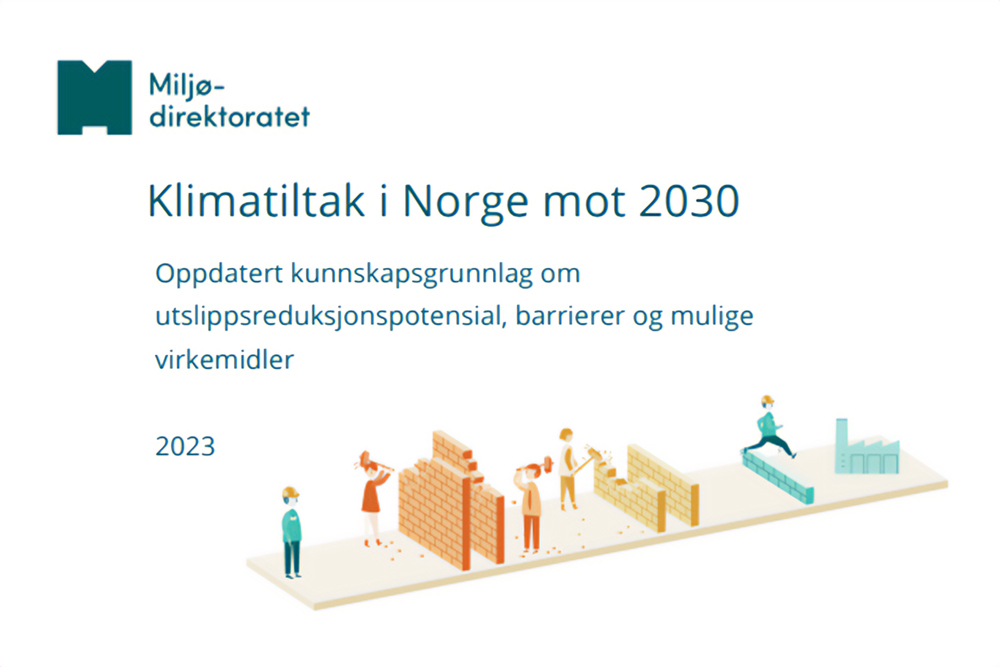
|
On Friday 2 June 2023, the Norwegian Environment Agency launched the “Climate measures in Norway towards 2030” report, which which analyses 85 different measures for reducing emissions from all sectors in order to achieve Norway's 2030 climate goals.
|
Of these 85 measures, CCS comes out on top as the measure with the highest impact potential.
|
|
|
NCCS master’s students present CCS to high school students
|
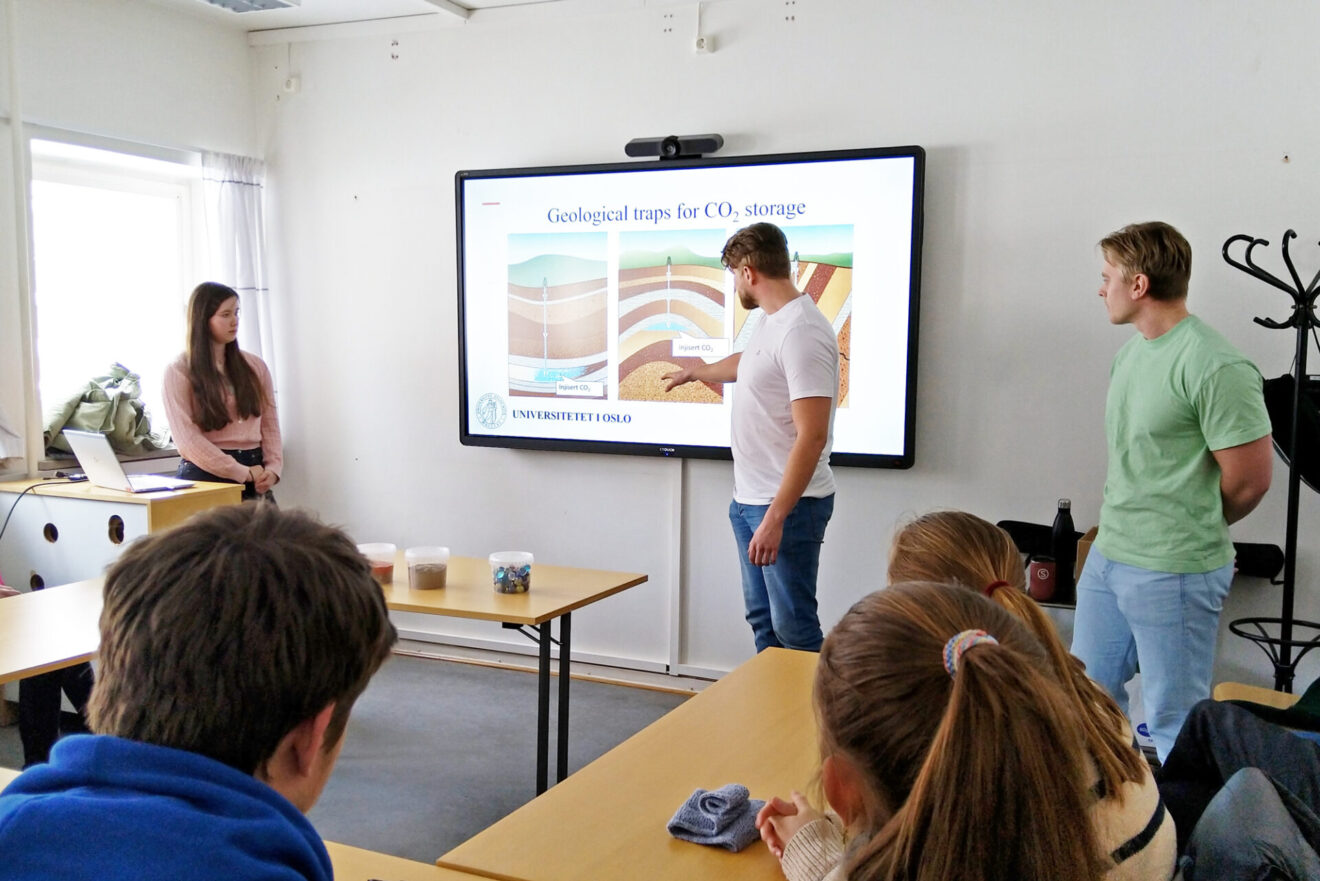
|
Students from Elvebakken VGS visited UiO, where they were given presentations by three NCCS master’s students on CCS.
|
|
|
NCCS on podcasts
|
- NCCS on the "Energi og klima" podcast
On 19 May 2023, NCCS Centre Director Mona Mølnvik was interviewed on the Energi og klima (“Energy and climate”) podcast.
|
|
|
#throwbackthursdays
|
NCCS has a high level of activity, both in the form of research excellence and industry collaboration, as well as political influence, education and outreach. In order to keep our followers up to date on the work we have carried out, we are launching #throwbackthursday on our LinkedIn to reshare some of the highlights from the past six years.
|
Here's what we've shared since the last newsletter:
|
- TCCS-11: A Virtual Success
TCCS-11 was the first external conference hosted by the Norwegian CCS Research Centre (NCCS) to be held online. More than 350 researchers, industry professionals and students gathered online to discuss the latest research findings and upcoming scientific challenges related to scaling CCS technologies. A total of 22 plenary talks, 93 presentations across five parallel technical sessions and 24 poster presentations gave participants plenty to discuss.
|
|
|
|
|